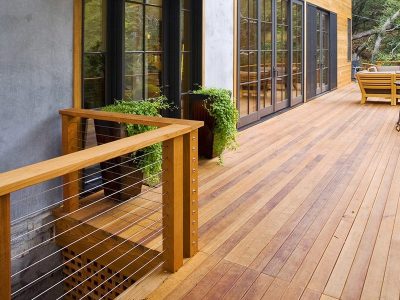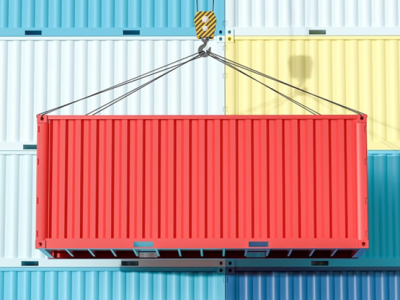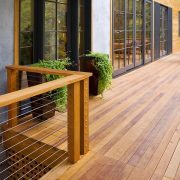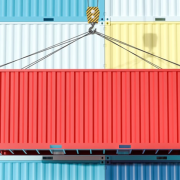Industrial floors are essential floor coverings that protect against the spread of static electricity, chemicals, or simply severe mechanical stress.
Types of industrial floors
There are many types of Industrigolv i Stockholm depending on the purpose, but all have standard requirements.
- Concrete industrial floors. Durable, wear-resistant, and very practical coating. It is easy to clean and is resistant to mechanical stress. When pouring concrete, the top layer is rubbed with a special mixture improves its performance.
- Polymer industrial floors. The polymer coating holds back cracks in the base, which are always formed during operation, protecting the concrete base from destruction.
- Polyurethane industrial floors do not change their properties and reliably protect concrete in contact with acid, and are also indispensable in rooms with special temperature conditions.
- Epoxy industrial floors. Epoxy coatings are highly wear-resistant and resistant to mechanical and chemical attacks. The covering differs from the previous types of a floor in chemical influence.
The choice depends on the intensity of the load
The choice of industrial floors depends entirely on two factors – the operational load and the patency of the room. Provided that in retail premises and exhibition halls the traffic will not exceed 500 people per day, it is possible to arrange concrete floors with a hardened top layer or polymer coatings. The advantages of this type of industrial flooring are its resistance to low loads, as well as ease of maintenance.
If there is high traffic on exhibition and trading floors, which is in the range of 20-40 thousand people a day, it is best to use polymer floors. In such conditions, only they can cope with high mechanical and operational loads, unlike concrete coatings, which will need constant repair or smooth self-leveling coatings that quickly lose their decorative properties. That is, such floors do not have any restrictions in use.












Comments